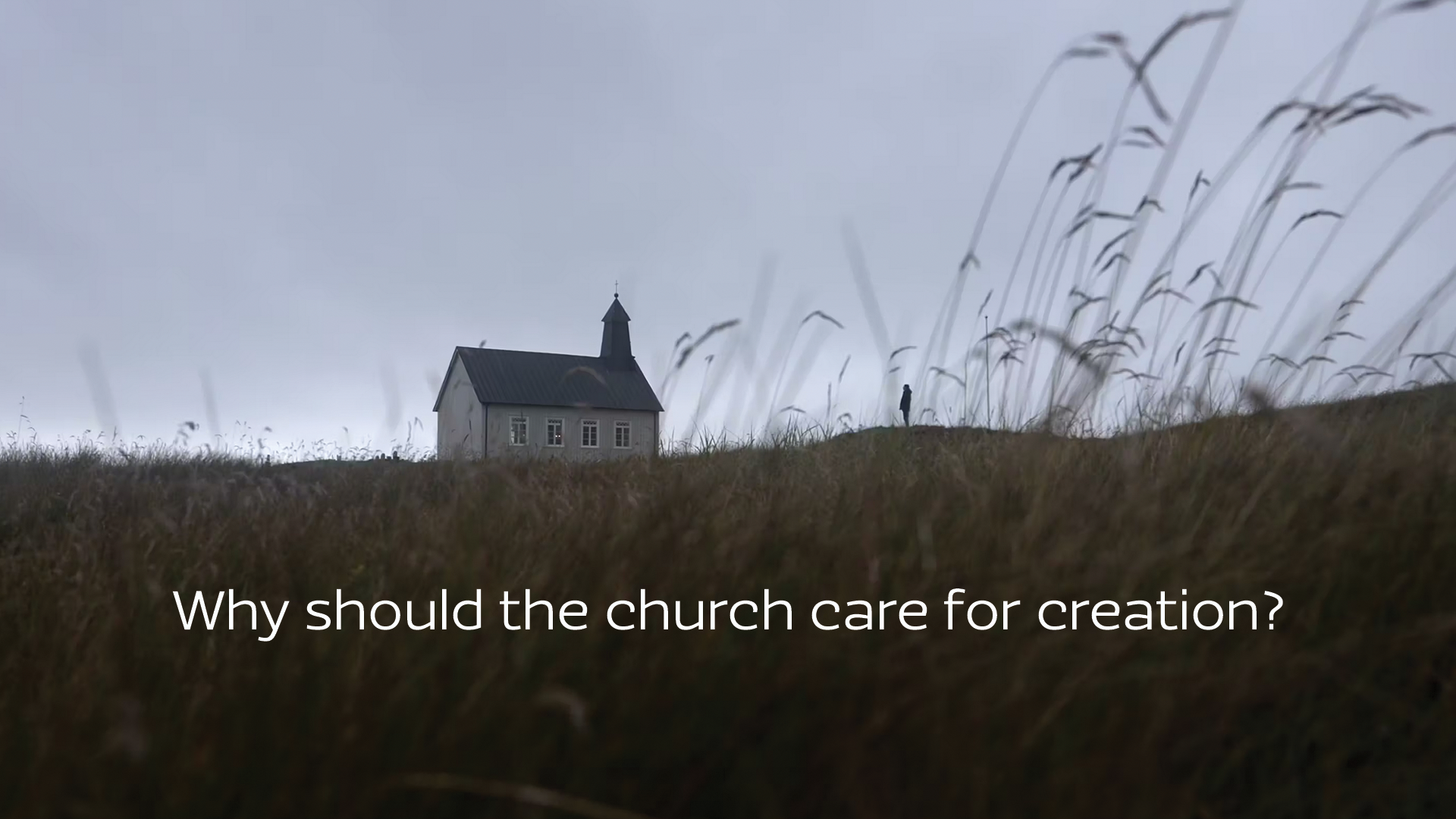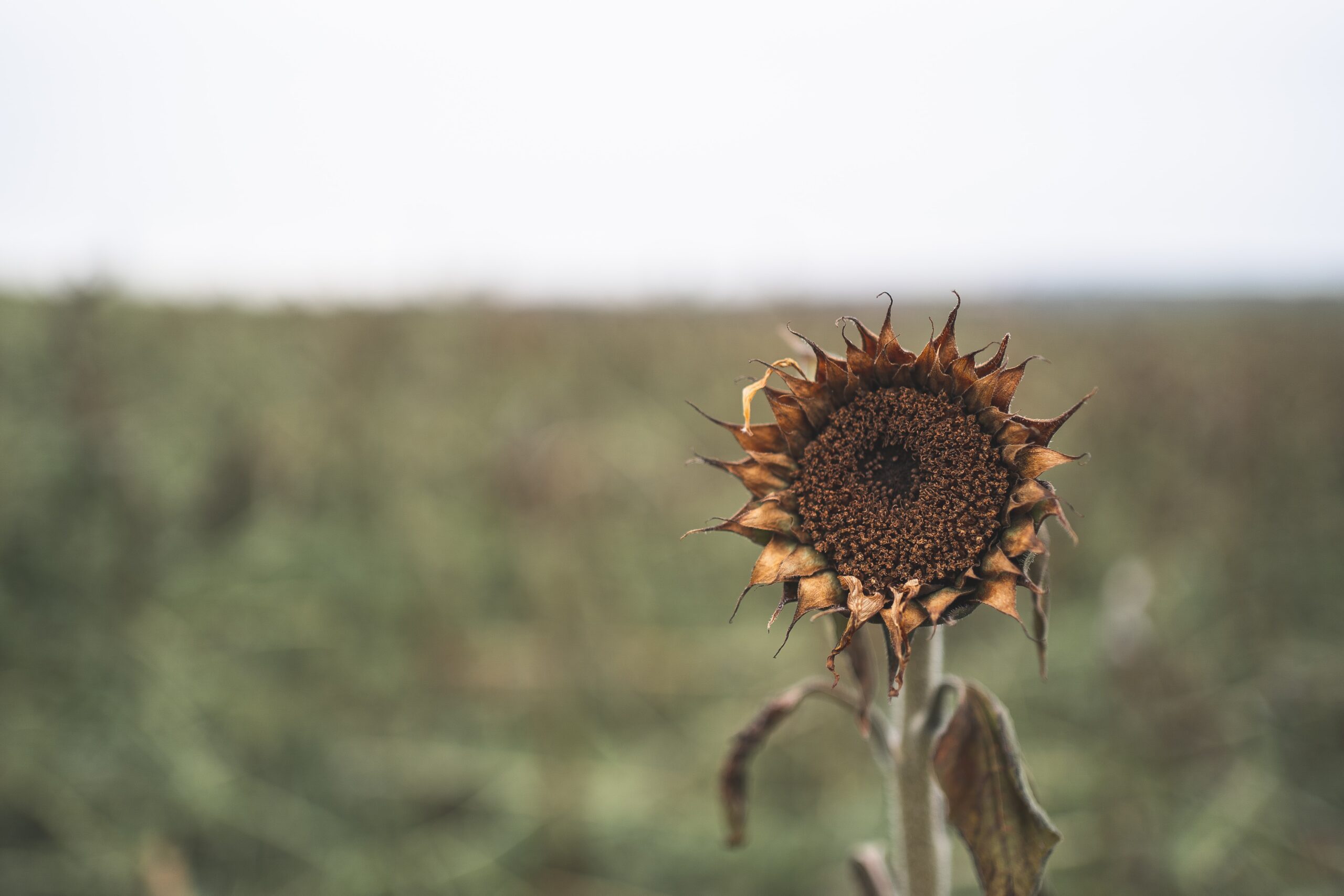What will it take for all to live an abundant life?

‘The Table’. Photo by Mel Ong. Bread by Shelley Spruit.
Jesus said “I came that they may have life, and have it abundantly.” (John 10:10) When I was younger, few churches I knew seemed to consider that ‘abundant life’ for all was an important issue for Christians, and if it was discussed, it was framed only in terms of ‘spiritual life’. By and large, we now see that we cannot extricate God’s concern for humanity’s abundant spiritual life from physical, mental, and emotional life. We are called to love God with our body, mind, heart and soul after all. Theologically, churches are increasingly becoming aware that God’s kingdom plan extends not only to this holistic vision for Homo sapiens, but also to the myriad other species which inhabit our planet. Scientifically, we understand better how the health of our planet’s ecosystems and non-human creatures is intimately linked to human flourishing. In other words, we cannot truly tend to human well-being – living the abundant life – without tending to the health of the rest of the created world.
Where do we start? What can we do if we want to take seriously God’s commands to care for the poor, steward the planet, and participate in bringing His kingdom on earth as it is in heaven? We need science! Scripture tells us what needs to happen and why it needs to happen. However, the aspects of where, when and how are time and space dependent. Each specific location will have a particularity to its problems and solutions. And yet, part of what science teaches us is also that there are patterns, laws, and generalisations which can help us to build bigger sets of solutions to global problems. We have to act both locally and globally.
One set of global solutions which can help us to move towards our world flourishing is the Sustainable Development Goals. All nations in the world have already agreed to work towards these 17 goals and their many targets and indicators. These include such ideas as ending poverty and hunger, providing quality education to all, and promoting peaceful and just societies. The SDGs recognize the holism written about above with goals focussing on the health of terrestrial and ocean ecosystems. In order for all to live a sustainable and abundant life, we have to care about both people and place. The health of our lands and seas is integrally related to the flourishing of human well-being.
A Rocha is committed to doing our part to achieve these SDGs. We recently contributed to a booklet called “God’s Global Goals“ produced by the UK organization ‘End Poverty 2030’. Our focus was on SDG 14 which relates to the oceans. The booklet was just released at a meeting at the Houses of Parliament in London, highlighting that we need both top-down and bottom-up solutions to end poverty. Our contribution focuses on the issue of marine plastic pollution and its detrimental impacts both to ocean creatures and to people. This was highlighted so vividly in the recent BBC TV series Blue Planet 2. Subsequently, many UK Christian organisations focussing on poverty reduction, notably Tearfund, have been highlighting the link between marine plastic pollution and poverty. We cannot eliminate poverty with an unhealthy, polluted ocean.
Jesus was asked to sum up our duties as followers of God. His well-known response is summarized as to love God and neighbour. Science helps us to love God better by using our minds to see how, when and where we need to act locally and globally to participate in bringing his kingdom on earth as it is in heaven. This is an act of love for God. Science is also helping us to better understand how our actions impact our neighbours both near and far. We can learn how to love them better through such actions as reducing plastic pollution.
What will it take for all to live an abundant life? Achieving the Sustainable Development Goals is one part of the answer to that question. A Rocha is committed to both people and places.
We are happy for our blogs to be used by third parties on condition that the author is cited and A Rocha International, arocha.org, is credited as the original source. We would be grateful if you could let us know if you have used our material, by emailing [email protected].



